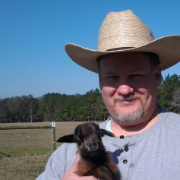Those pesky angels again.....
-
Topics
-
- 0 replies
- 3 views
-
- 26 replies
- 1,248 views
-
- 8 replies
- 554 views
-
- 3 replies
- 128 views
-
Why did God used a evil king to make a great Bible, King James 1 2 3
By TheGloryLand, in Bible - KJV or Modern Version Discussion
- 30 replies
- 2,795 views
-







Recommended Posts
Join the conversation
You are posting as a guest. If you have an account, sign in now to post with your account.
Note: Your post will require moderator approval before it will be visible.